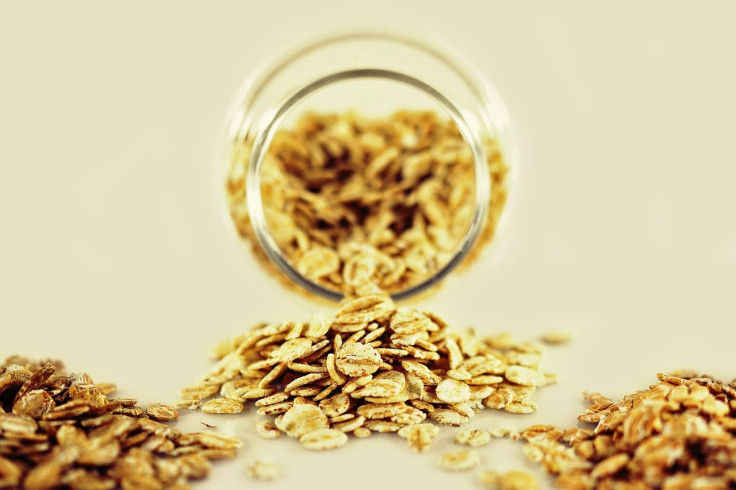Eating More Whole Grains Has Benefits Beyond Weight Management: Study
KEY POINTS
- Americans eat more refined grains than recommended
- Researchers looked at effect of whole and refined grains on heart disease risk factors
- Those who ate more whole grains better maintained their blood sugar and BP
Are you one of the many people who eat more refined than whole grains each day? The results of a new study may make you want to make the switch.
The Dietary Guidelines for Americans 2020-2025 recommends that people consume three or more servings of whole grains each day, Tufts University said in a news release. However, whole grain (WG) intake remains low in the U.S., while refined grain (RG) intake is still high, the researchers of a new study, published Monday in The Journal of Nutrition, said.
"WG is defined as the intact, ground, cracked, or flaked fruit of the grain, that includes the endosperm, germ, and bran, whereas RG only contains the endosperm," the researchers wrote. "Compared with RGs, WGs are higher in fiber, magnesium, vitamin E, potassium, and many other phytochemical and bioactive components, each of which has different cardiometabolic health benefits."
For their study, the researchers looked at the effect of consuming whole and refined grains on five risk factors of heart disease -- waist size, blood pressure, blood sugar, triglyceride, and HDL or "good" cholesterol.
To do this, they analyzed the data from 3,100 participants of the Framingham Heart Study Offspring Cohort, which looked at the long-term risk factors of cardiovascular disease, Tufts University noted. Participants had a mean age of 54.9, and their lifestyle data were collected every four years over an 18-year follow-up.
The researchers looked at the changes in the five risk factors as well as the participants' reported whole grain intake, which ranged from less than half a serving per day to three or more servings per day.
They found that those who consumed less whole grains had an average of an inch of waist size increase at each four-year interval whereas those who had a high intake only had an average increase of 1/2 inch. Those with lower whole-grain intake also had higher average increases in systolic blood pressure and blood sugar.
When the researchers looked at the participants' refined grain intake, they also found that those who ate less of it had lower increases in waist size and a greater decline in triglyceride.
"Overall, these findings support recommendations to replace RG foods with WG equivalents, particularly as a dietary modification to attenuate abdominal adiposity, hypertension, and hyperglycemia, and thereby reduce the risk for cardiometabolic disease," the researchers wrote.
Why make the switch from refined grains to whole grains? According to new research led by @JMHNRCA scientists, eating more whole grains daily may lead to smaller increases in waist size, blood sugar, and blood pressure in middle- to older-aged adults.https://t.co/4i1pWILLRJ
— Tufts University (@TuftsUniversity) July 13, 2021
"Our findings suggest that eating whole-grain foods as part of a healthy diet delivers health benefits beyond just helping us lose or maintain weight as we age," senior and corresponding author, Nicola McKeown of Tufts University, said as per the university news release. "In fact, these data suggest that people who eat more whole grains are better able to maintain their blood sugar and blood pressure over time."
The researchers noted possible reasons behind higher whole grain intake's cardiometabolic benefits. These include high dietary fiber content, slower digestion and absorption and nutritional content such as magnesium, zinc, selenium and potassium, which the researchers noted could "contribute to lowering blood pressure and improving glucose and insulin metabolism."
"The average American consumes about five servings of refined grains daily, much more than is recommended, so it's important to think about ways to replace refined grains with whole grains throughout your day," McKeown said.
Other possible health benefits people can get from eating more whole grains include supporting healthy digestion, lowering the risk of stroke and helping reduce chronic inflammation.

© Copyright IBTimes 2025. All rights reserved.






















